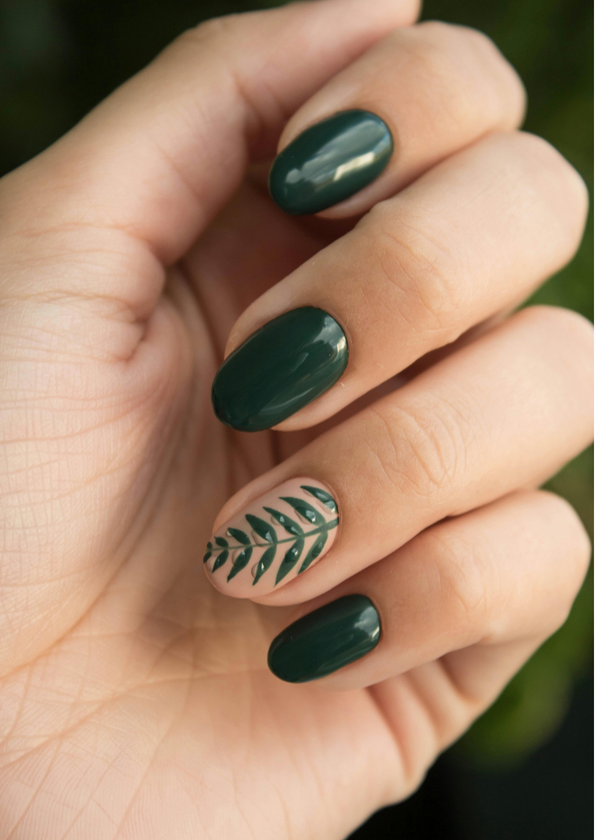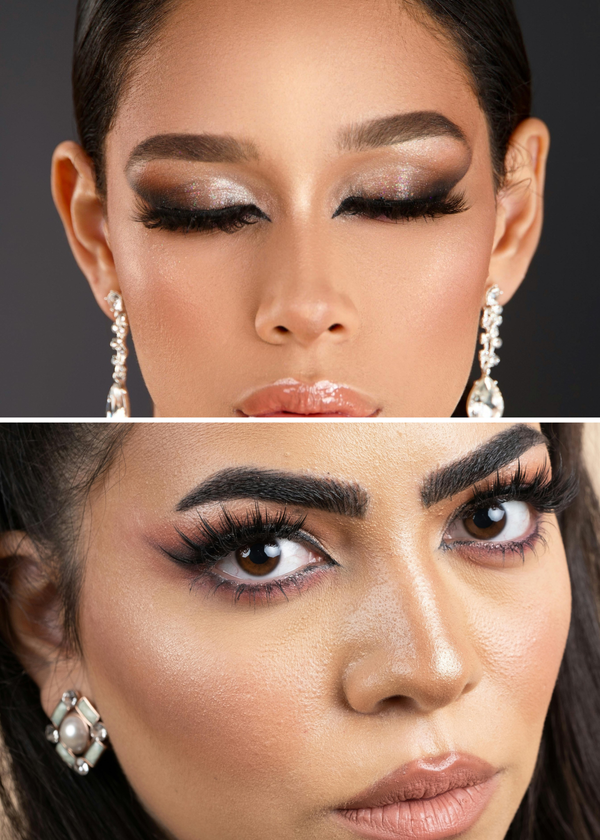In the quest for flawless and radiant skin, individuals often explore various skincare products and routines. Among the many ingredients touted for their potential skin benefits, vitamin C has gained considerable attention.
From serums to creams and even scrubs, vitamin C has found its way into a multitude of skincare products.
One of the claims often associated with vitamin C is its ability to lighten the skin. In this comprehensive article, we will dive deep into the science behind vitamin C, explore the concept of skin lightening, and address the burning question:
Does a vitamin C scrub lighten the skin?
Understanding Vitamin C
Before we delve into the potential benefits of vitamin C for the skin, it's essential to understand what this powerful antioxidant is and what it can do for your skin.
Vitamin C, also known as ascorbic acid, is a water-soluble vitamin that is essential for the growth, development, and repair of all the body's tissues.
It plays a crucial role in collagen production, which is essential for maintaining the skin's elasticity and youthful appearance.
Additionally, vitamin C is a potent antioxidant that helps protect the skin from the harmful effects of UV radiation and environmental pollutants.
The Skin Lightening Myth
The idea that vitamin C can lighten the skin has been perpetuated in the skincare industry for years. Many products, including scrubs, claim to have skin-lightening properties due to their vitamin C content. However, it's important to approach this claim with a critical eye and a sound understanding of how skin pigmentation works.
Skin pigmentation is primarily determined by the amount of melanin in the skin. Melanin is the pigment responsible for the color of our skin, hair, and eyes.
Darker skin tones have more melanin, while lighter skin tones have less. The production and distribution of melanin in the skin are regulated by various factors, including genetics, sun exposure, and hormones.
Skin lightening, therefore, refers to the process of reducing the amount of melanin in the skin to achieve a lighter complexion.
This concept is often associated with addressing issues like hyperpigmentation, dark spots, and uneven skin tone. While some skin-lightening treatments may indeed help reduce the appearance of these concerns, it's crucial to understand that "lightening" does not equate to changing one's natural skin color.
Skin lightening is about achieving a more even and radiant complexion.
Vitamin C's Role in Skincare
Now that we have a better grasp of the terminology and the concept of skin lightening, let's explore how vitamin C fits into the equation.
- Antioxidant Protection: Vitamin C's antioxidant properties are well-documented. When applied topically, it can help protect the skin from free radicals and UV damage. This protection can aid in preventing premature aging, such as the formation of wrinkles and fine lines.
- Collagen Production: Vitamin C is essential for collagen synthesis, a process that keeps the skin firm and youthful. By stimulating collagen production, vitamin C can contribute to a more vibrant and healthy complexion.
- Brightening Effects: Vitamin C is known to have brightening effects on the skin. It can help fade hyperpigmentation, reduce the appearance of dark spots, and promote a more even skin tone. These effects are often linked to vitamin C's ability to inhibit the enzyme tyrosinase, which plays a role in melanin production.
Vitamin C Scrubs: Do They Lighten the Skin?
Now that we have a solid foundation of knowledge about vitamin C and skin lightening, let's turn our attention to vitamin C scrubs specifically.
Vitamin C scrubs are skincare products that combine vitamin C with exfoliating agents such as sugar, salt, or microbeads.
These scrubs are designed to remove dead skin cells, unclog pores, and leave the skin feeling smooth and refreshed. While they may offer numerous benefits for skin texture and overall appearance, the claim that they can lighten the skin should be scrutinized.
The Truth About Vitamin C Scrubs and Skin Lightening
- Exfoliation and Brightening: Vitamin C scrubs can contribute to a brighter complexion, but this is primarily due to their exfoliating properties. By removing dead skin cells and encouraging cell turnover, these scrubs can help reveal fresher, more radiant skin underneath.
- This can give the appearance of a brighter complexion and a reduction in the visibility of dark spots and uneven skin tone.
- Limitations on Melanin Reduction: While vitamin C can help inhibit melanin production to some extent, the concentration of vitamin C in scrubs is typically lower than that found in serums or creams. This means that the skin-lightening effects of a vitamin C scrub may be limited compared to dedicated serums or treatments formulated for this purpose.
- Slow and Gradual Results: Achieving noticeable skin-lightening results with vitamin C, whether in a scrub or another form, requires patience and consistency. It's not a quick fix, and results may vary depending on an individual's skin type, concerns, and other factors.
- Complementary Products: For those seeking more significant skin-lightening effects, it's often recommended to use vitamin C scrubs in conjunction with other skincare products such as vitamin C serums, skin-lightening creams, or chemical exfoliants like alpha hydroxy acids (AHAs) or beta hydroxy acids (BHAs).
Conclusion: The Real Role of Vitamin C Scrubs
In conclusion, vitamin C scrubs can be valuable additions to your skincare routine, offering exfoliation, improved skin texture, and a brighter complexion.
However, their ability to significantly lighten the skin is limited when compared to dedicated skin-lightening treatments.
If your goal is to address issues like hyperpigmentation or uneven skin tone, it's advisable to consider a more comprehensive skincare approach that includes serums, creams, and treatments specifically formulated for such concerns.
Ultimately, the effectiveness of any skincare product, including vitamin C scrubs, depends on your unique skin type, goals, and consistency in use. Consulting with a dermatologist or skincare professional can provide personalized guidance and recommendations to help you achieve the best results for your skin.
Remember, achieving healthy and radiant skin is a journey, not a destination. It requires a combination of proper skincare, a balanced diet, sun protection, and a healthy lifestyle.
\While vitamin C may play a role in your skincare regimen, it's just one piece of the puzzle on your path to beautiful and confident skin.








